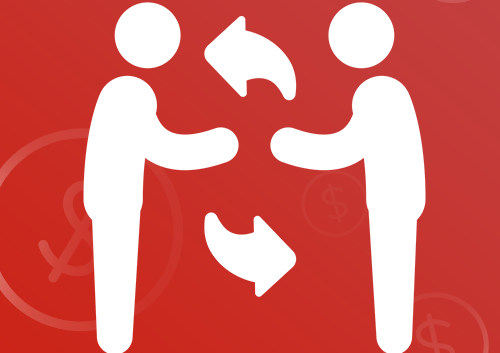- leadership
- Blog post
Workplace democracy and getting employee buy-in for hard decisions
It’s risky to compare working conditions and management practices in countries that have different labor laws, but today, in the interest of a fresh perspective on employee relations, I’m going to try.
I want to try because I just watched a deeply insightful movie about a Belgian workplace and what happens there when employees get to vote on matters that, in the average American workplace, would be decided by management alone. The movie, “Two Days, One Night,” garnered an Oscar nomination a couple of years ago for its star, the magnetic French actress Marion Cotillard.
The film chronicles what happens when the managers of a small solar energy equipment manufacturer in the industrial town of Seraing decide that they can do without one of their 17 employees, and instruct the workforce that they’re to vote on the following proposition:
-
- a) Let Sandra, the employee played by Cotillard, go and receive a 1,000 Euro bonus payable to each of the rest, or
- b) Keep Sandra and forgo the bonus.
(Sandra’s foreman seems to be violating Belgian disability law when he picks on her as the one to lay off, as she’s only recently returned from a medical leave resulting from depression. But let’s allow this under the dramatic license exception.)
Saving her job
The action plays out over a weekend between the initial vote, which Sandra successfully contests on the basis that the foreman pushed some of her co-workers to vote for her ouster, and the revote set for the following Monday. For two days and one night — Saturday, Saturday night and Sunday — Sandra roves the region buttonholing her colleagues at their homes and coming out of cafés, trying to round up enough votes to save a job that she and her family desperately need. It’s an uphill struggle, because these are modestly paid people, and some of them really need the extra cash.
I won’t give away the eventual result of the revote and spoil things for any reader who’s interested in watching the movie (Unless you speak French you’re going to have to cope with subtitles). But I will say that the exercise in workplace democracy the film describes will be a revelation to most American managers and employees.
True, as I said at the beginning, Belgian labor laws aren’t the same as those in the U.S. — one big difference is that employers with 50+ employees have to set up an elected workers’ council that must be consulted before any major decisions affecting the organization are taken. But does that mean the movie has nothing to teach American managers? I don’t think so.
Here’s what I took away:
- In the workplace, hard decisions involving trade-offs are inevitable from time to time. And the hardest are those that affect people’s livelihoods. I’m talking about layoffs, of course, but also about other wrenching changes like the redefinition of job duties, the need for new and perhaps difficult retraining and so forth.
- Employees recognize the above points. They may not like the situation, but they understand it.
- While management, at least in the U.S., may have every right to make these decisions without reference to the rank and file, there’s a definite benefit to be had from consulting employees ahead of time. In “Two Days, One Night,” the employees are torn — some even to the point of tears — before the final vote is taken. But once that occurs, everybody — including Sandra — appears reconciled to the result, and able to move on with at least a degree of resolve. I daresay that the simple imposition of a layoff would have created a lot of discontent, especially since the person targeted was popular with many of her co-workers.
The more you consult employees, the more engaged they feel. You may not be willing or able to consult people about every hard decision, but do it when you can. It’ll bring them together and improve buy-in, even when — or perhaps especially when — the consequences are difficult to stomach.

Get a demo of all our training features
Connect with an expert for a one-on-one demonstration of how BTS Total Access can help develop your team.


